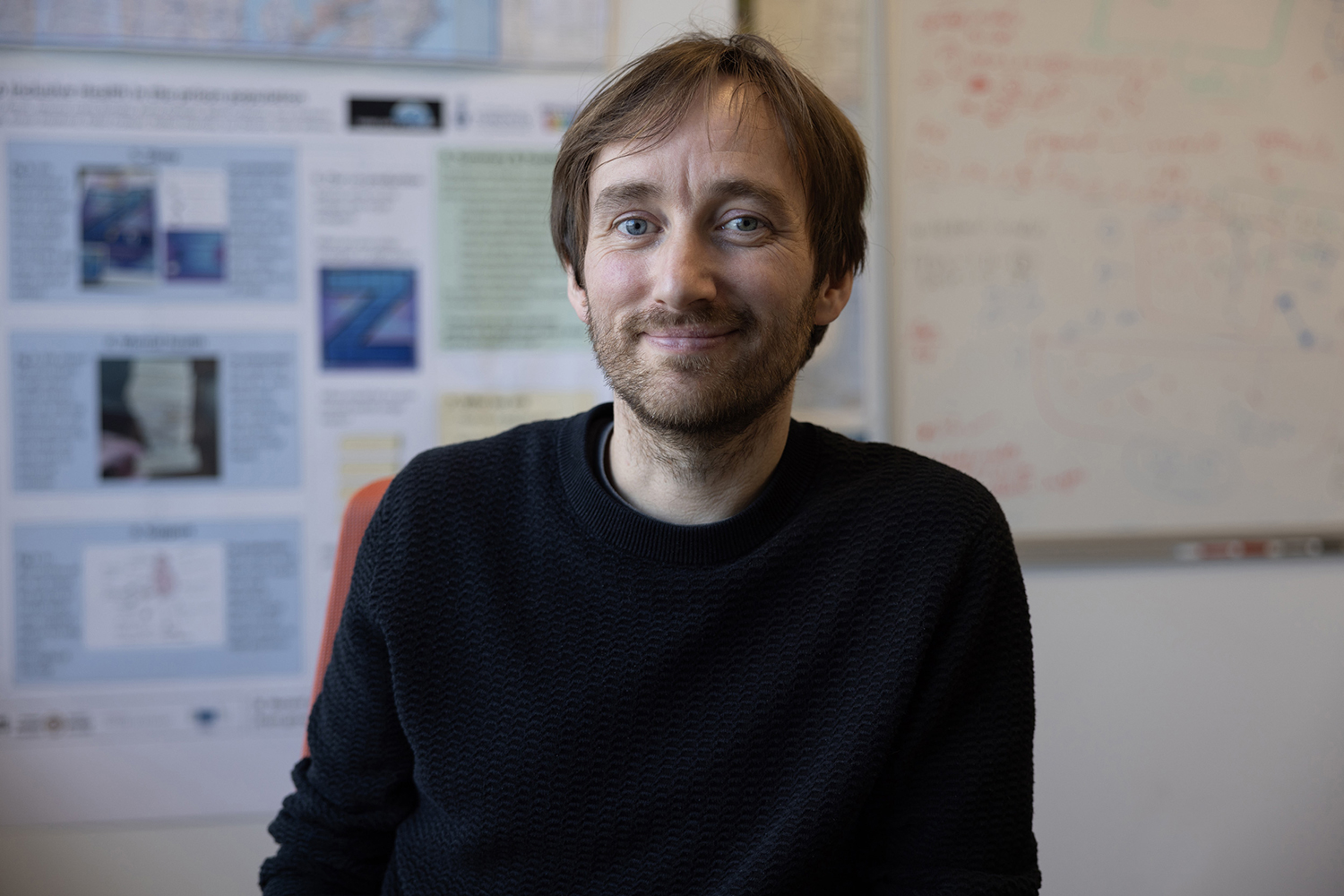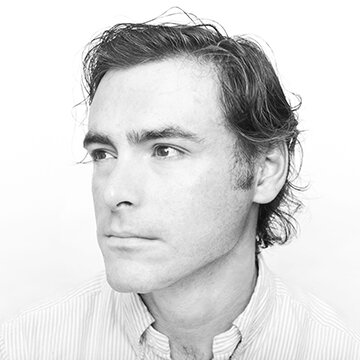Phil Heron started his prison education program as a way to teach geophysics in one of the four prisons near Durham University in England, where he was completing his postdoc. Little did he know it would evolve into one of the most rewarding aspects of his career.
The goal of Think Like A Scientist was to engage people in prison and foster critical thinking through short, meaningful talks on science, but even he was surprised by the impact it had on his students.
“It changed my life,” says Dalton Harrison, who was part of the program’s first cohort of students while serving time in Durham. Harrison is now studying criminology and criminal justice at the University of Leeds and credits the program for making this possible.
Video producer Sean Liliani spoke recently with Heron, now a geophysics professor at U of T Scarborough, about how Think Like a Scientist came about. Liliani also interviewed some of the program’s first students. Watch below.
Recent Posts
People Worry That AI Will Replace Workers. But It Could Make Some More Productive
These scholars say artificial intelligence could help reduce income inequality
A Sentinel for Global Health
AI is promising a better – and faster – way to monitor the world for emerging medical threats
The Age of Deception
AI is generating a disinformation arms race. The window to stop it may be closing





